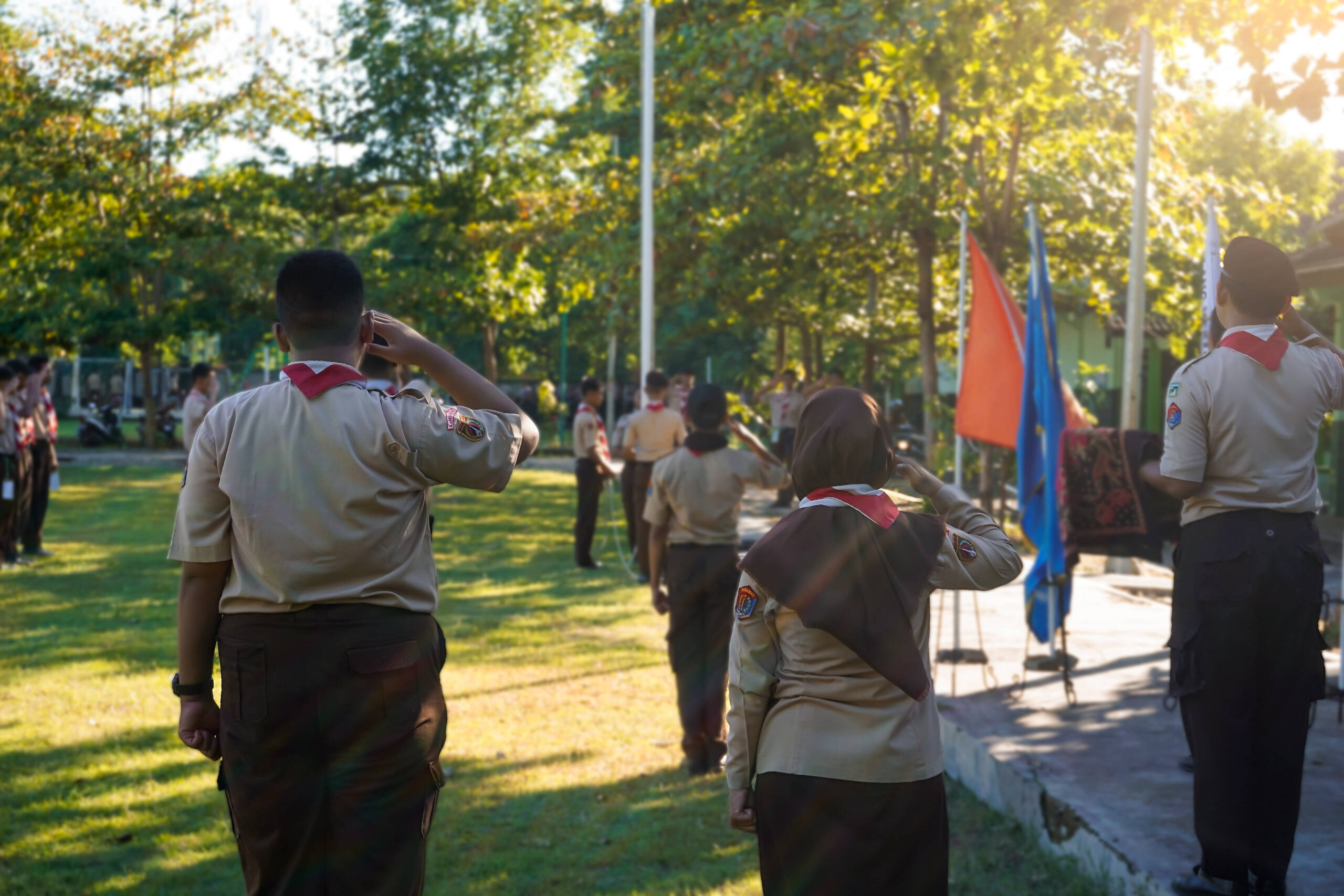The World Scout Jamboree, a hallmark event that brings together young scouts from across the globe, faced unprecedented challenges during its 25th edition held in South Korea. From extreme heatwaves to the looming threat of Tropical Storm Khanun, the event was a testament to the unpredictability of large-scale gatherings and the importance of effective crisis management. This essay delves into the multifaceted challenges faced during the jamboree and offers insights for the event industry moving forward.
The Unfolding Crisis: Tens of thousands of scouts from over 150 countries convened in South Korea with the anticipation of a memorable experience. However, the jamboree quickly became a focal point of international concern. Extreme heat led to hundreds of attendees falling ill, sanitation and food quality became pressing issues, and the impending arrival of Tropical Storm Khanun necessitated a massive evacuation. Over 1,000 buses, helicopters, and police cars were mobilized to transport the scouts to safer locations, including Seoul and other inland cities. The logistical challenges were immense, and the event’s management came under scrutiny from various quarters.
Lessons Learned:
- Anticipate and Prepare: While it’s impossible to predict every challenge, event organizers must consider potential risks, especially when hosting in regions prone to extreme weather or other natural disasters. Comprehensive risk assessments and contingency planning should be integral to the event planning process.
- Effective Communication: Timely and clear communication is crucial during crises. Organizers must establish robust communication channels to relay information to participants, stakeholders, and the public. This includes providing regular updates, addressing concerns, and offering guidance during emergencies.
- Budget Transparency: The allocation of funds should be transparent, ensuring that adequate resources are directed towards essential facilities, infrastructure, and safety measures. Mismanagement or misuse of funds can exacerbate crises and erode trust.
- Collaboration with Local Authorities: Event organizers should work closely with local authorities, emergency services, and other relevant agencies. Such collaboration ensures swift action during crises and leverages local expertise and resources.
- Feedback Mechanisms: Incorporating real-time feedback mechanisms allows organizers to address concerns as they arise. This proactive approach can prevent minor issues from escalating into major challenges.
- Venue Suitability: The choice of venue plays a pivotal role in the event’s success. Organizers should ensure that the venue is equipped to handle large gatherings and is not susceptible to extreme conditions that might compromise safety.
Moving Forward:
The event industry is dynamic, and while challenges are inevitable, they offer opportunities for growth and improvement. The South Korean World Scout Jamboree serves as a poignant reminder of the complexities of hosting large-scale international events. As the industry evolves, it is imperative to prioritize safety, invest in thorough planning, and foster a culture of adaptability and resilience.
In conclusion, the World Scout Jamboree’s challenges in South Korea underscore the importance of preparedness, adaptability, and effective crisis management. By internalizing these lessons, the event industry can ensure safer, more successful gatherings in the future, fostering positive experiences for all participants.
